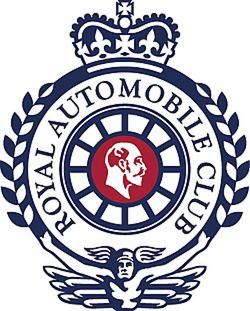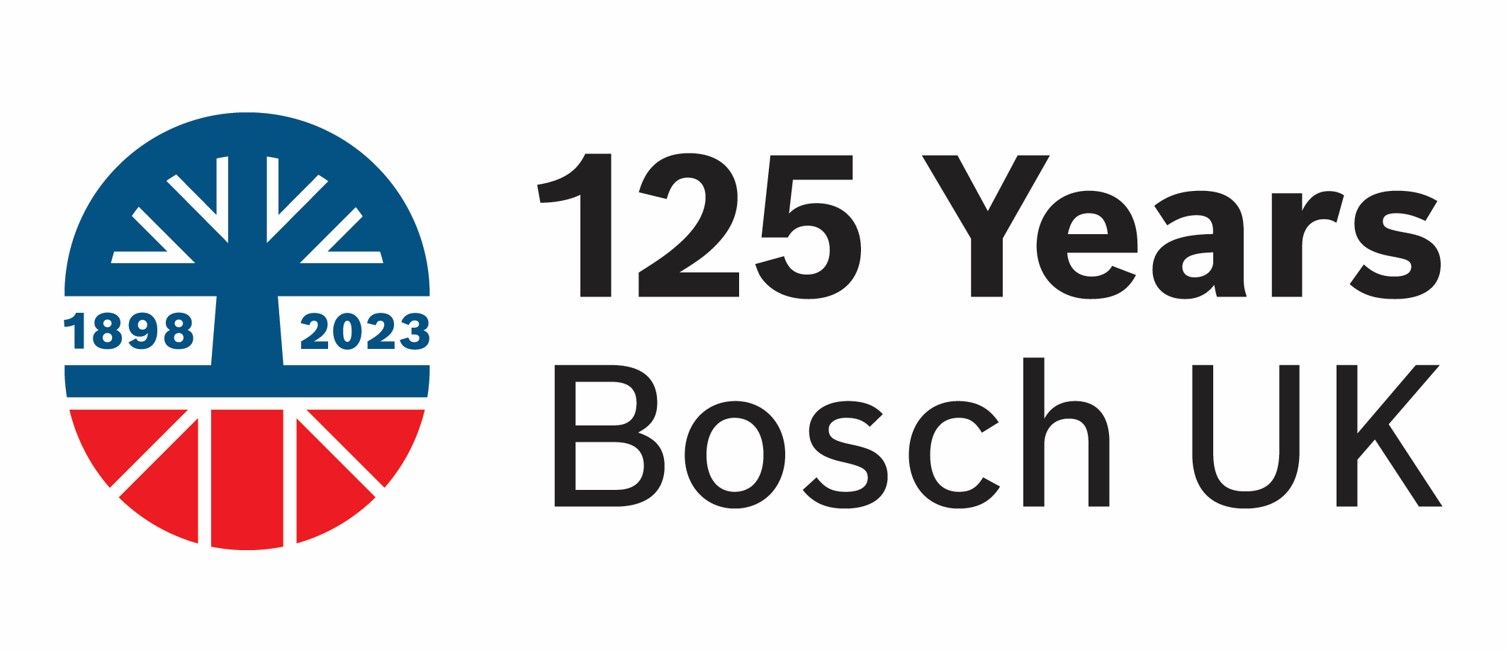An Interesting Read: Unsound Finance
)
“In the early days of any industry there is a difficulty which always arises, namely how toinduce the private capitalist or the British public to support schemes to manufacture articles of which they know very little and in the success of which they do not believe”.
These words from the Hon. John Scott Montagu highlighted the dilemma in which early automotive manufacturers found themselves. With hindsight, Montagu cited unsound finance and lack of practical motorists on the boards of manufacturers as defects holding back the car industry in the UK. In a paper read to the A.C.G.B.I on 14th February 1900, he explored `General Aspects of British Automobile Manufacture’ following the repeal of the Red Flag Act. Whilst Montagu acknowledged that investors were loath to throw money at numerous prototypes with little return, he was particularly scathing of Harry Lawson’s buying of patents.
“I think that by now almost everyone interested in automobilism knows that the patents held by the British Motor Company are of little or no value”
In May 1896 Montagu tells us that Lawson floated the Great Horseless Carriage Company with £750,000 capital, £500,000 of which was sunk into the British Motor Syndicate. Yet just four months later company shares totalled £31,160. Montagu made little distinction between capital investment and shares. He was particularly vitriolic towards the claims made in Harry Lawson’s prospectus. Montagu noted that several companies listed as patentees repudiated any connection with Lawson’s organisation. Among these was Crossley Brothers of Manchester credited in the prospectus as makers of the Otto gas engine.
In common with Frederick Simms, Montagu also believed that Lawson’s Motor Car Club was being used as a further commercial adjunct to his businesses and therefore did not have the backing of British automobilists. Frederick Simms believed this so strongly that he formed the A.C.G.B.I in 1897 to champion motorists, without being affiliated to one person’s business interests. Whilst Montagu’s paper had the benefit of hindsight, he was genuinely concerned that Lawson’s failed business ventures would deter future investors in the automotive field.
Aside from unsound financial practices Montagu was also critical of manufacturers because he believed that UK companies should have poached the best talent from the continent, but they handicapped themselves by learning the automotive business from scratch. He believed that Daimler cars in particular would be far more advanced in 1900 if British businessmen had profited from the expertise of companies, such as Panhard et Levassor. He advocated purchasing the best cars and copying them slavishly, relying on already experienced continental workers to teach UK novices. These practices were happening, but Montagu wanted to see them adopted on a larger scale.
In common with Frederick Simms, the Hon. John Scott Montagu was adamant that responsible drivers would help change public attitudes. Montagu hoped that increased car production would see car prices reduced and the car universally accepted as a new mode of transport. This prediction would certainly come true with over 1 million people driving in the UK just 30 years later.




.jpg.png)




.resize-500x189.png)



